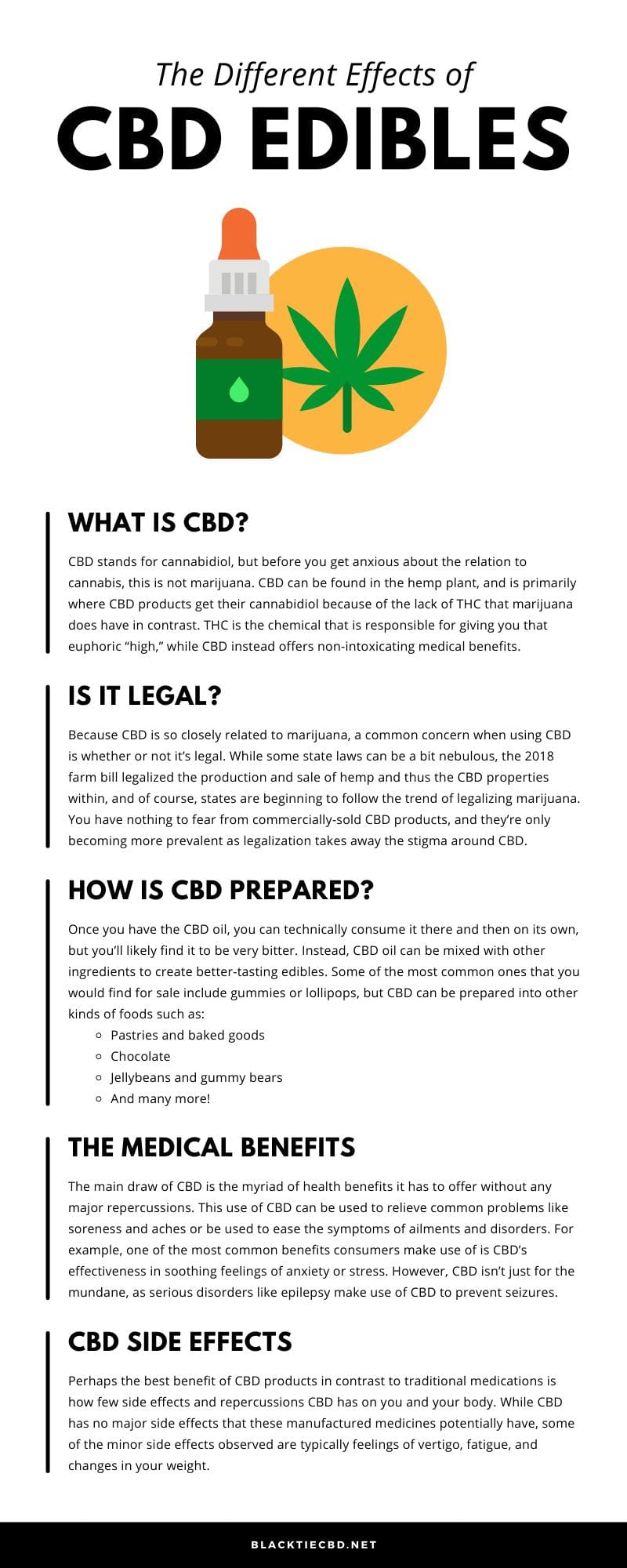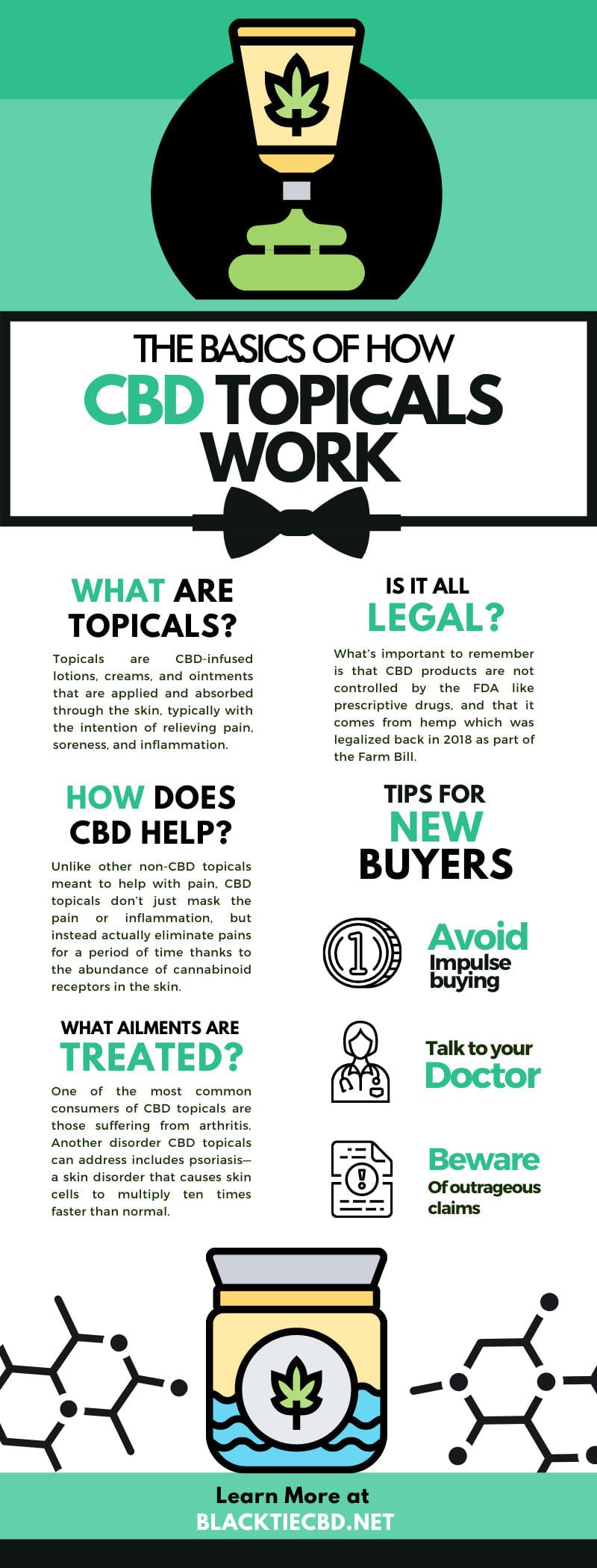The Basics of How To Use Hemp Flower
Thanks to the 2018 Agriculture Improvement act, hemp has become entirely legal, and as a result, CBD hemp flowers have experienced a quick rise in popularity as the stigma of grouping CBD together with marijuana dissipates. Users, both old and new, flock to try new forms of CBD and get the benefits that hemp flower has to offer. If you’re not familiar with hemp or CBD, then let us teach you the basics of how to use hemp flowers.
What Are Hemp Flowers?
In case you have any worries, doubts, or reservations about CBD and hemp flower, let’s go over what a hemp flower is exactly. While hemp is a close relative of marijuana, it will not get make you intoxicated. The hemp plant is very rich in CBD, but contains very small traces of THC. THC is the compound within cannabis that creates that intoxicating psychoactive effect that makes you “high,” while CBD is the compound that makes cannabis so relaxing. With hemp-extracted CBD, the traces of THC are so small that you won’t feel any of those psychoactive effects, but you will still get the relaxing sensation CBD offers. However, THC can be added back into a CBD product for those who desire that psychoactive effect.
CBD hemp buds can come with a variety of phytocannabinoids, flavonoids, and terpenes that give different strains their unique smells, flavors, and benefits for you to take advantage of and find your favorites. For the best results, it is often recommended to look towards full-spectrum CBD that extracts all the beneficial compounds from the entire plant.
The Benefits of Hemp Flower
As we touched upon, the allure of CBD hemp flower is the relaxing effect it creates once consumed. How it does this is by interacting with our endocannabinoid receptors—a system that is responsible for regulating many of our body’s processes such as appetite, metabolism, stress, and memory. The CBD bonds with our endocannabinoid receptors and then slows the production of cortisol—a hormone in our body that causes stress and anxiety—to help us loosen up and calm down.
Additionally, CBD has natural anti-inflammatory properties, which makes it an effective solution for pain relief that other types of remedies that more traditional medicines cannot achieve. Whereas other pain-relief medications will simply try to mask the pain until your body naturally heals itself, CBD actively works to soothe the inflammation and eliminate the problem directly.
Strains of CBD Hemp Flowers
The wide variety of hemp buds may make a newcomer feel spoiled for choice and unsure about what strain they should get. Let’s narrow it down to some of the most popular strains.
- Blue Dream: Rich in sativa, this cross of the Super Silver Haze and Blueberry strains is very approachable and suitable for beginners. Noted for having a peppery, pine, herbal, or lavender taste, this strain is effective at combatting symptoms of stress, anxiety, and depression.
- Cannatonic—Bred for its balanced amounts of THC and high CBD content (typically double the amount of CBD when compared to THC), this strain will not give you the psychoactive effects of THC while still allowing you to take advantage of the painkilling effects. Like Blue Dream, this strain has a pepper, pine, and herbal flavor.
- Harlequin—This is another CBD-rich strain, but users have noted that Harlequin has a more “uplifting” effect than Cannatonic. Its low-THC and high CBD contents make it ideal for soothing stress, anxiety, pain, and depression, and it also uniquely features a mango flavor.
- Northern Lights—Should you want to grow your own hemp flower, Northern Lights is certainly the strain for you. Short, stocky, and hardy, this plant has a relatively short growth period that leaves room for error for a beginner learning how to properly care for and nurture their own hemp plants.
Smoking Hemp Buds
Now, once you’ve picked out a strain, let’s talk about the basics of how to use hemp flower. Smoking is likely the first method you’ve thought of thanks to marijuana—and you’re not wrong. You can smoke your hemp flower, and without the worry of damaging your lungs in the same way tobacco would. In fact, tobacco contains toxins and chemicals that CBD hemp does not have. Some of the ways you can smoke hemp include:
- Cigar paper—As the most common method, you simply roll your hemp using the same paper used to roll cigars. Just be sure you don’t get cigar paper that contains nicotine.
- Pipes—Perhaps the most convenient way to smoke hemp flower, pipes have a space that you can place and ignite hemp buds just as you normally would when using a tobacco pipe.
- Hookahs—Commonly used to smoke shisha, hookahs can just as easily be utilized for smoking hemp flowers, whether it be a traditional or an electronic hookah.
Vaping Hemp Buds
Vaping is a relatively new but wildly popular method to consume CBD. With a dry vape, you can insert your CBD hemp flower where the heat of the coils will turn the terpenes into a gas. This makes for an equally effective way to experience the benefits of CBD, but also provides a lot of conveniences that make it simple to smoke hemp flowers no matter where you are.
It should be noted, however, that a recent amendment to the Prevent All Cigarette Trafficking (PACT) act will soon ban vaping products from being shipped through USPS or UPS. For that reason, you should order your buds now before the ban takes effect, as it’s the easiest way to get a hold of them.
Eating Hemp Buds
Of course, smoking and vaping aren’t for everyone. Luckily, you can get equally as effective benefits from CBD hemp flowers by simply eating them. Some of the ways hemp buds are made into foods include:
- Cannabutter—This is essentially butter infused with hemp—and the process of making it is quite simple. Hemp buds are simply ground up and mixed into heated butter. The high temperatures extract the CBD and terpenes from the ground-up flowers, resulting in a butter rich in CBD.
- Pastries—To treat your sweet tooth and receive the benefits of CBD, hemp flowers can be baked into treats like cookies and brownies for a delicious and effective method of CBD consumption. As with cannabutter, grind up the flower, and the high temperatures of the baking process will extract the CBD. Just ensure you have enough flower for the recipe, of course!
- Capsules—If you just want to reap the benefits without much fuss or taking too much time, hemp flowers have been made into capsules and supplements that can be consumed like any other morning vitamin or medication. A great bonus with this, however, is that each capsule has the dosage of CBD measured just right.


















